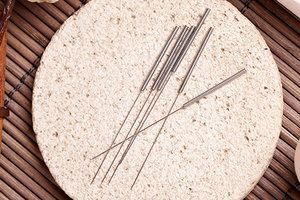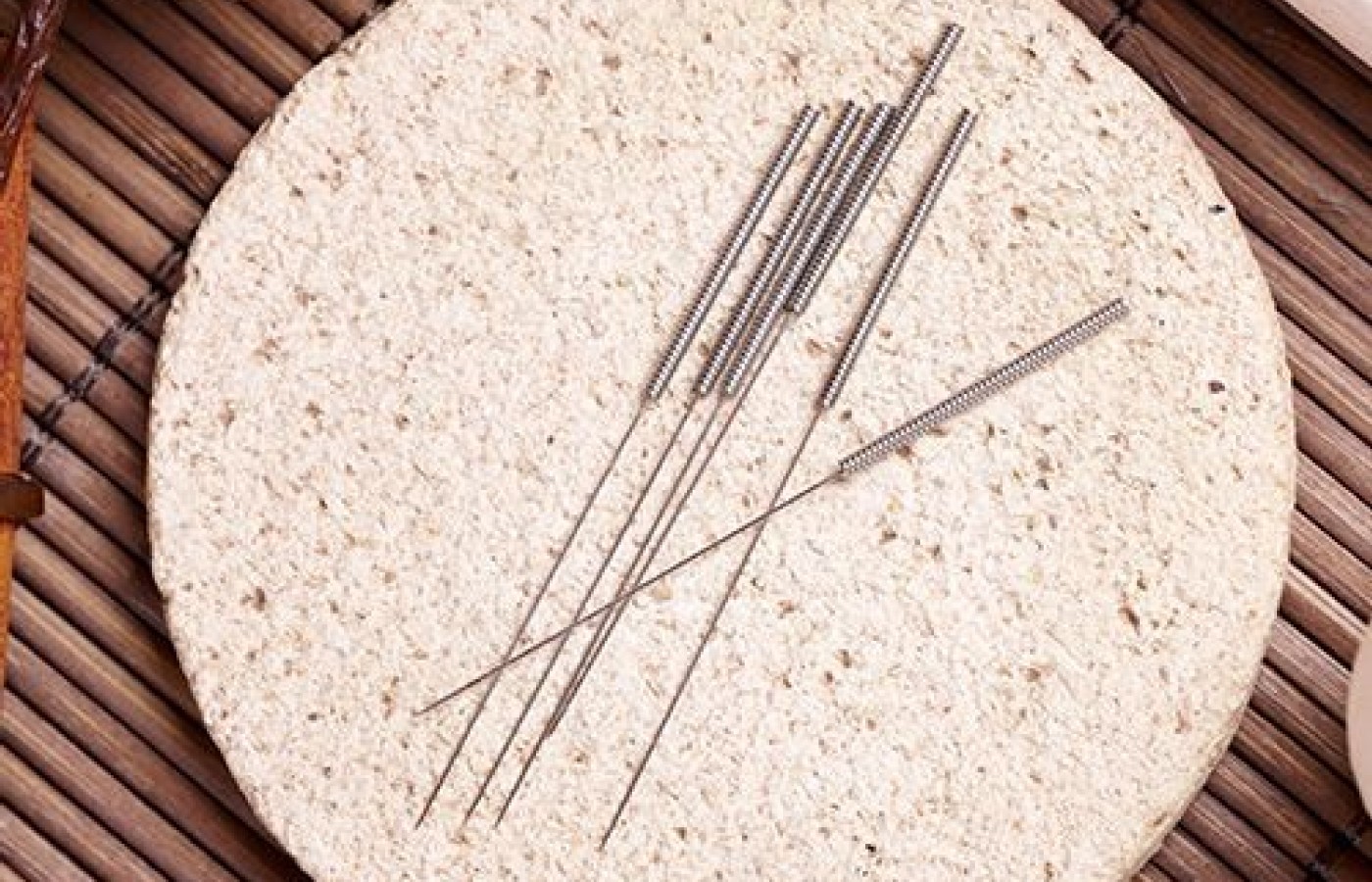One of the longest nerves in the body is known as the vagus nerve (VN). The VN is the 10th pair of cranial nerves that originates at the brain stem in the medulla oblongata. This nerve is part of the parasympathetic nervous system, which is a part of the ANS. Research suggests ear acupuncture can activate the VN.
Dry Needling & Acupuncture Are the Same Procedure
A letter in response to the article "Dry Needling is not Acupuncture" by Steven Collins. This article, published in the March 2019 issue of Acupuncture Today takes the stance that due to the difference in philosophy behind applying Acupuncture and Dry Needling, they are therefore not the same procedure. The author, Steven Collins, uses false narratives from his own experiences and opinions in order to assert these points. At no time is there any logical argument given during the article to base his claim off of. Furthermore, the author neglects to offer any supportive evidence to substantiate his claim.
Acupuncture, is defined as a technique in which solid, filiform needles are inserted past the skin at strategic points to influence body systems for pain relief and other benefits. Dry needling is the process of inserting filiform needles, or in its original incarnation syringes, into the body at trigger points within muscle tissues to relieve pain and restore range of motion. What the author appears to be asserting in this article, is that Traditional Chinese Medicine (TCM) and acupuncture are in fact the same thing. This is clearly a misunderstanding and a confusion of procedure with philosophical way of applying the medicine. TCM is a system of medicine that includes the procedure of acupuncture, herbal medicine, dietary therapy, manual therapies such as massage or cupping and other implements.

Dry Needling and Acupuncture, are in fact the same procedure. Both the National Certification Commission for Acupuncture and Oriental Medicine (NCCAOM) as well the Council of Colleges of Acupuncture and Oriental Medicine (CCAOM), both of which are involved in the training, standardization and certification of acupuncturists, assert that "Dry Needling is Acupuncture."1 or that Dry Needling is, "An Acupuncture Technique."3 The American Society of Acupuncturist (ASA) also asserts that these techniques are the same and merely attempted to be separated by nomenclature alone. The ASA states, "Dry Needling is a style of needling treatment within the greater field of acupuncture. The practice of 'acupuncture' includes any insertion of an acupuncture needle for a therapeutic purpose. Acupuncture training has always included both traditional and modern medical understandings."2 Furthermore, the American Medical Association (AMA) released a statement calling for the regulation of the technique and that training should be equal to that of an Acupuncturist.4 The AMA goes on to comment that, "Lax regulation and nonexistent standards surround this invasive practice. For patients' safety, practitioners should meet standards required for licensed acupuncturists and physicians," AMA Board Member Russell W. H. Kridel, M.D.
The argument within the zeitgeist of current practitioners is clearly over public safety, training, education and licensure and not whether or not Dry Needling and Acupuncture are the same technique. That fact is clearly evident. Every practitioner wishing to perform acupuncture has standardized training, examinations and continuing education. Adopting a procedure, outside of one's scope of practice without proper training is both dangerous to patients as well as an attempt to circumvent recommended standards of practice and licensure. Dry Needling is an Acupuncture technique, they are for all intents and purposes, identical to one another. While I respect the opinions of the author, it has no basis within the reality of current practice guidelines.
Respectfully,
Dr. Nicholas Dougherty DAOM, LAc
References
- NCCAOM Dry Needling Position Statement. NCCAOM.org, 2019.
- American Society of Acupuncturists. ASA Position on Dry Needling. ewsportsacupuncture.com, 2019.
- CCAOM Position Paper on Dry Needling. CCAOM.org, 2019.
- Press Release: AMA adopts new policies on final day of Annual Meeting. American Medical Association, 15 June 2016.



